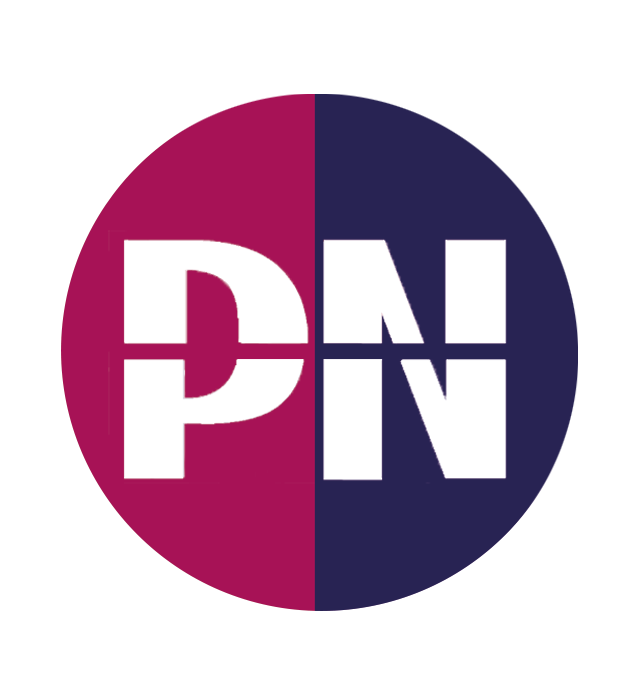Dyslexia assessment typically involves a comprehensive evaluation conducted by trained professionals, which traditionally occurs in person. These assessments encompass various components, including standardized tests, interviews, observations, and the collection of academic and developmental history. While remote assessment of dyslexia is challenging due to the hands-on nature of some evaluations, there are certain aspects that can be conducted remotely or through teleassessment methods. Here are some considerations:
1. Preliminary Screening:
Initial screenings for dyslexia can be done remotely through the use of online dyslexia screening tools and questionnaires. These screenings can help identify individuals who may be at risk for dyslexia and determine if further assessment is warranted.
2. Interviews and History Gathering:
Portions of the assessment process, such as interviews with the individual and their parents or guardians to gather developmental and educational history, can be conducted remotely through video conferencing or phone calls.
3. Cognitive Assessments:
Some cognitive assessments, which are part of the dyslexia assessment process, can be administered remotely by trained professionals using specialized software and teleassessment tools. However, these assessments may require specific technology and expertise.
4. Academic Assessments:
Academic assessments, including reading and writing tasks, can be administered remotely through video conferencing or online platforms. These assessments can help evaluate an individual’s reading, spelling, and writing skills.

5. Observations:
Observations of reading and writing behaviors may be more challenging to conduct remotely but can still be informative when carried out via video conferencing. Professionals may observe the individual’s reading strategies, decoding skills, and writing processes remotely.
6. Parent and Teacher Input:
Parents and teachers can provide valuable input remotely through interviews, questionnaires, and video conferences, which can help in understanding the individual’s learning challenges and strengths.
7. Remote Assessment Tools:
Some specialized software and assessment tools have been developed to facilitate remote dyslexia assessments. These tools may include interactive tasks and exercises designed to assess dyslexia-related skills.
Conclusion
It’s important to note that while some aspects of dyslexia assessment can be conducted remotely, a comprehensive assessment typically involves multiple components and is best carried out by professionals trained in diagnosing learning disabilities. In some cases, a hybrid approach may be used, combining remote and in-person components as needed to ensure a thorough evaluation.
The specific procedures and tools used for remote dyslexia assessment may vary based on the availability of technology and the expertise of the assessing professionals. Additionally, it’s essential to ensure the assessment is conducted ethically and follows established guidelines and best practices for diagnosing dyslexia.






